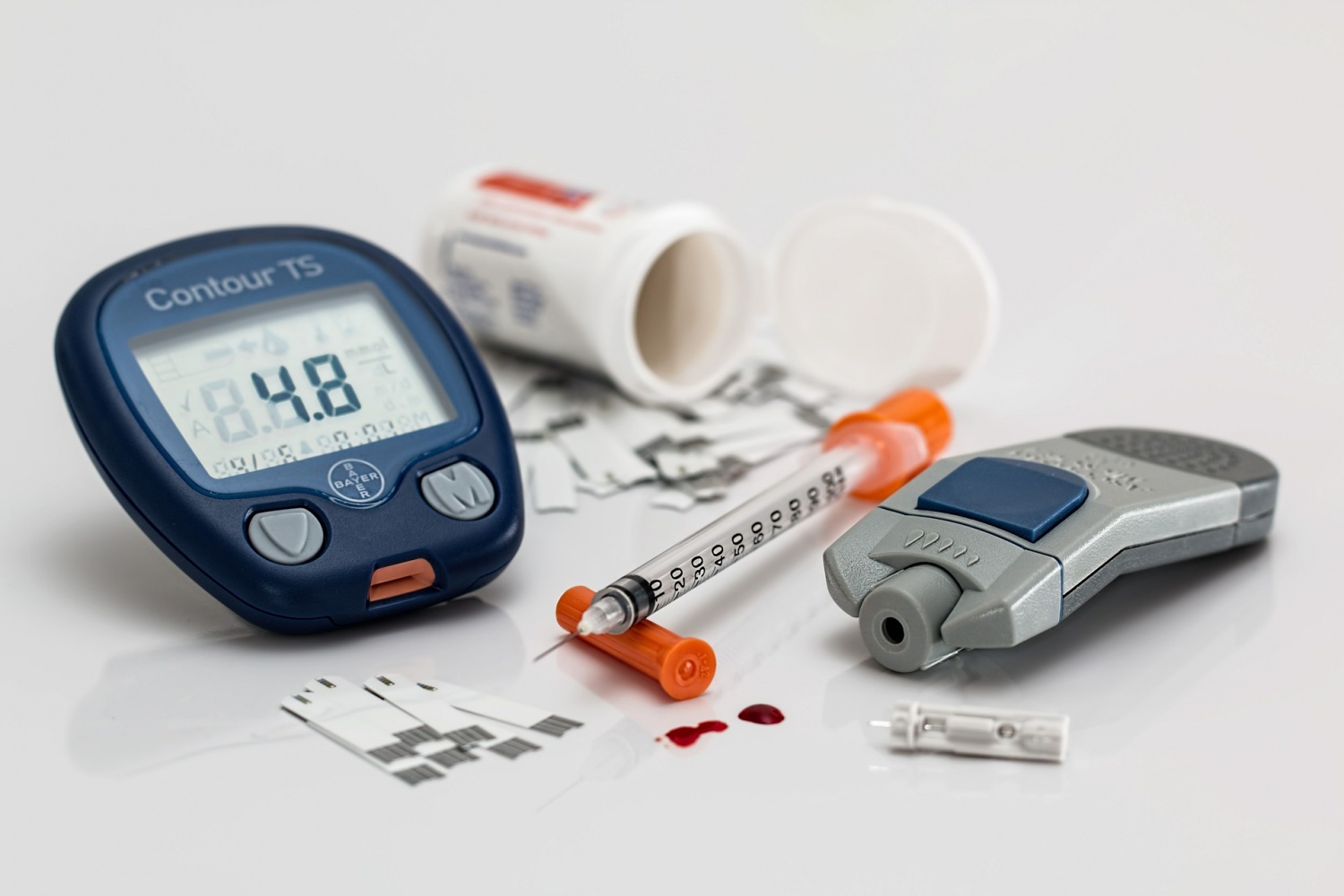Mental Health
Diabetes in Youth Linked to Alzheimer's Biomarkers

(Photo : Pixabay)
As rates of diabetes surge among young people, a concerning connection emerges between youth-onset diabetes and biomarkers linked to Alzheimer's disease, according to a new study.
Led by Allison L. Shapiro, MD, MPH, assistant professor of Pediatric Endocrinology at the University of Colorado, the research delved into the presence of Alzheimer's-related blood plasma biomarkers and elevated amyloid protein levels in adolescents and young adults with type 1 and type 2 diabetes.
Published in Endocrines, the study, which marks the first exploration of potential pre-clinical signs of Alzheimer's in young individuals with diabetes, underscores the urgency of understanding the interplay between diabetes pathophysiology and Alzheimer's development.
"There are a growing number of studies investigating how diabetes pathophysiology might contribute to Alzheimer's Disease and dementia," Shapiro told Medical News Today. "The leading hypotheses include insulin dysregulation (e.g., insulin resistance and impaired insulin secretion) and hyperglycemia."
The current study's authors highlight prior research indicating that individuals with adult-onset diabetes face a 60-80% increased risk of developing dementia or Alzheimer's compared to those without the condition.
In this latest investigation, scientists at the University of Colorado's Anschutz Medical Campus scrutinized data from the SEARCH cohort, encompassing 25 individuals with type 1 diabetes and 25 with type 2 diabetes. The cohort's age spectrum ranged from adolescents, with an average age of 15, to young adults hovering around 27, with females constituting 59% of the total group.
To establish benchmarks, a control group was assembled, comprising 25 adolescents averaging just under 15 years old and 21 young adults with an average age of approximately 25.
Blood plasma samples from the SEARCH cohort underwent analysis to detect Alzheimer's biomarkers. Furthermore, seven diabetic participants and six control subjects were selected from the cohort for PET brain scans as part of the new study's protocol.
Individuals with youth-onset diabetes exhibited elevated levels of blood biomarkers linked to Alzheimer's disease.
PET brain scans unveiled the existence of amyloid and tau densities, both indicative of Alzheimer's, in brain regions associated with the disease among those showcasing these biomarkers. However, these variances did not achieve statistical significance.
Shapiro acknowledged that the study's size was insufficient to determine whether one type of diabetes poses a higher risk than the other.
"We will need larger numbers of people and longer follow-up time to fully address this question," she noted.
Furthermore, it remains uncertain whether individuals with youth-onset diabetes will continue to display Alzheimer's-related biomarkers as they age.
"Other studies in older adults who developed diabetes in adulthood have shown similar trends to what we found in our young adults with youth-onset diabetes," Shapiro said. "Together with the adult data, we would hypothesize that the trends we observe in young adulthood will persist into later life."
Courtney Kloske, PhD, from the Alzheimer's Association, highlighted the complexity of Alzheimer's and diabetes, suggesting shared underlying mechanisms such as impaired cell energy production.
"Research suggests that they share some similar underlying mechanisms, such as impairments in the energy production of certain cells," Kloske explained.
Kloske noted that diabetes, alongside cardiovascular conditions like hypertension and cholesterol issues, constitutes risk factors for cognitive decline and dementias, including Alzheimer's.
However, she cautioned against definitive conclusions from the study due to its limitations, emphasizing the need for further research to substantiate its findings.








Join the Conversation